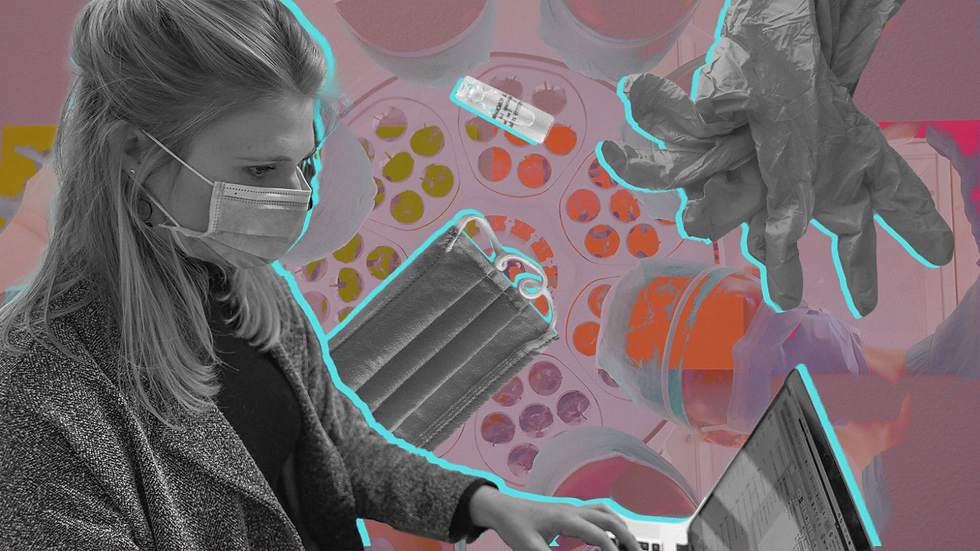The Profession Formerly Known As Medicine
Doctors must reject Big Pharma's soulless treatment model.

Isit at the bedside grieving over medicine as it expires into a soulless technocracy. I watch its extremities cyanose as it struggles for air, its body reeking with the stench of commingled corruption and cowardice. Yet I hope for its resuscitation.
Exhibit A. Medical students report rates of depression up to 30% higher than the general population. About 400 U.S. physicians commit suicide annually, with the rate for female physicians four times higher than among other female professionals. A 2015 survey reported that 13% of male physicians and 22% of female physicians suffered from alcohol abuse or dependence. A 2021 study found that 63% of U.S. physicians experienced burnout, with one in five intending to leave their practice within two years. These statistics attest to medicine’s core problem that affects the welfare of patients and the health, sanity, and professional longevity of physicians. It is this: we physicians have traded in our former gods for ersatz idols.
At my initial medical evaluation at a Kaiser hospital in Los Angeles, billed as a “Meet and Greet,” a fortyish man in a white coat entered my exam room and marched directly to a computer screen. There he sat without once looking at me, introducing himself, or shaking hands. He lobbed a litany of rote questions at me without a glance away from the screen. He seemed to be conversing with it, not with me. Was I watching a sci-fi depiction of intergalactic medical care on Alpha-Zebulon? I toyed with the notion of answering him in the beeps and whistles of R2-D2. Instead, after a few minutes I rose, said, “We’re done here,” and walked out. I don’t think he noticed.
The above scenario recurs daily in thousands of medical offices. Sir William Osler said, “The good physician treats the disease; the great physician treats the patient who has the disease.” Most modern doctors are not Osler’s healers of people but normalizers of data. Physicians comb computer printouts of molecular titers for hieratic meaning. Internists may order such tests before they even see a patient. However, only whole human beings reveal ultimate clinical truths. In atomizing patients into their tiniest components, MDs disconnect from patients and themselves. If docs spent more than five minutes per appointment and peppered their interviews with interest and caring, those pesky lumps of flesh on the exam table could sprout into actual people. What patients can reveal if given a chance would surprise clinicians and obviate hundreds of tests. Unless doctors start treating whole people, AI will displace them, and no one will know the difference.